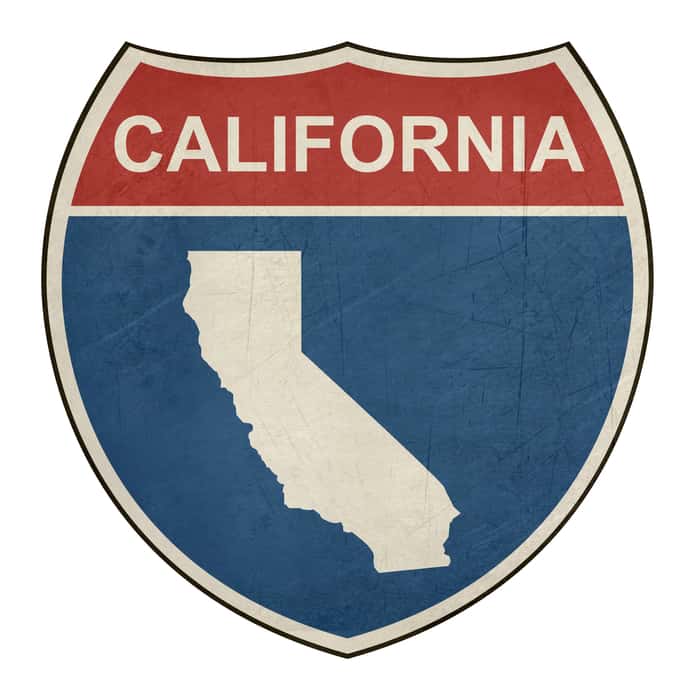Trump Administration Challenges California – Quebec Cap and Trade

The Trump administration’s challenge against California’s agreement with Quebec to share cap-and-trade markets to reduce greenhouse gases survived its first federal court test on March 12, 2020. The federal government sued California over its cap-and-trade agreement with Quebec in October 2019, asserting the state has no right to pursue “an independent foreign policy” about the control of greenhouse gas emissions and alleging that California violated the Constitution’s prohibition on states’ ability to make treaties or compacts with foreign governments through the cap-and-trade program.
However, according to U.S. District Judge William B. Shubb, the first-of-its-kind agreement between California and Quebec to link their respective cap-and-trade programs does not rise to the level of a “treaty” or “compact” in violation of the federal government’s exclusive constitutional authority. Judge Shubb ruled that the agreement does not expand California’s regulatory powers – which include the power to enact legislation to regulate greenhouse gas emissions and air pollution – and noted that the sate is free to withdraw from the deal or modify its terms at any time. The court deferred consideration of additional claims that the California-Quebec program interfered with federal authority over international affairs and foreign commerce.
In 2013, California and Quebec agreed to link their individual cap-and-trade programs, allowing them to use carbon allowances issued by either government interchangeably. The program provides a market-based approach to the regulation of greenhouse gas emission by requiring companies to purchase allowances. Companies that emit at least 25,000 metric tons of carbon-dioxide-equivalent greenhouse gases are covered by the program, and allowances are available for sale at auctions and can be traded within the combined carbon market.
